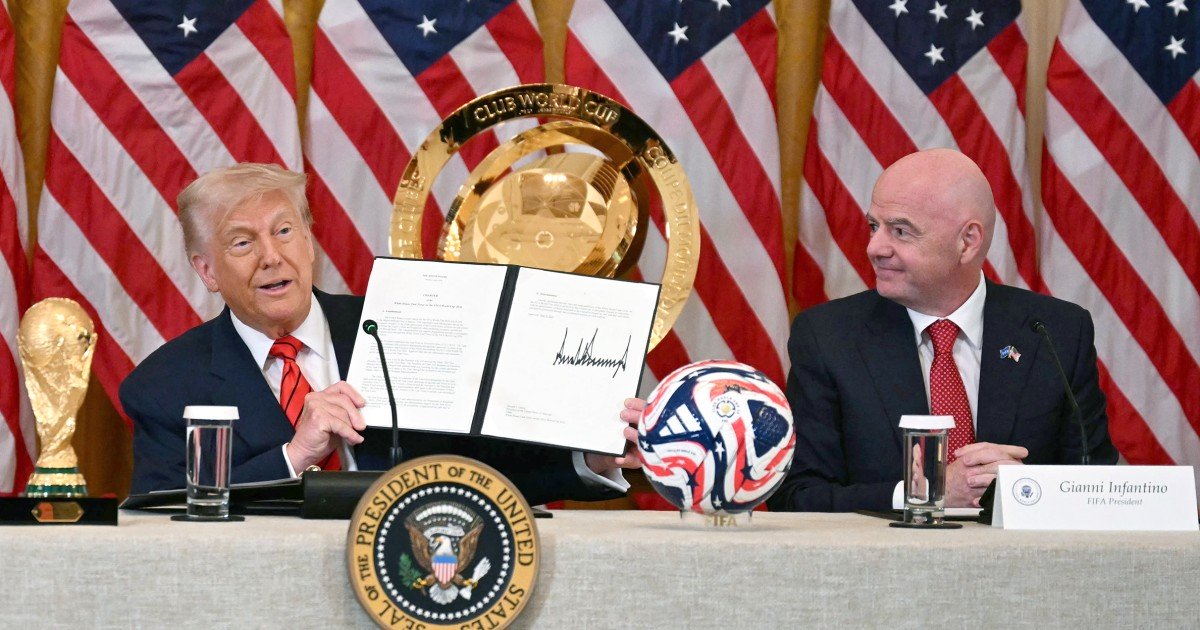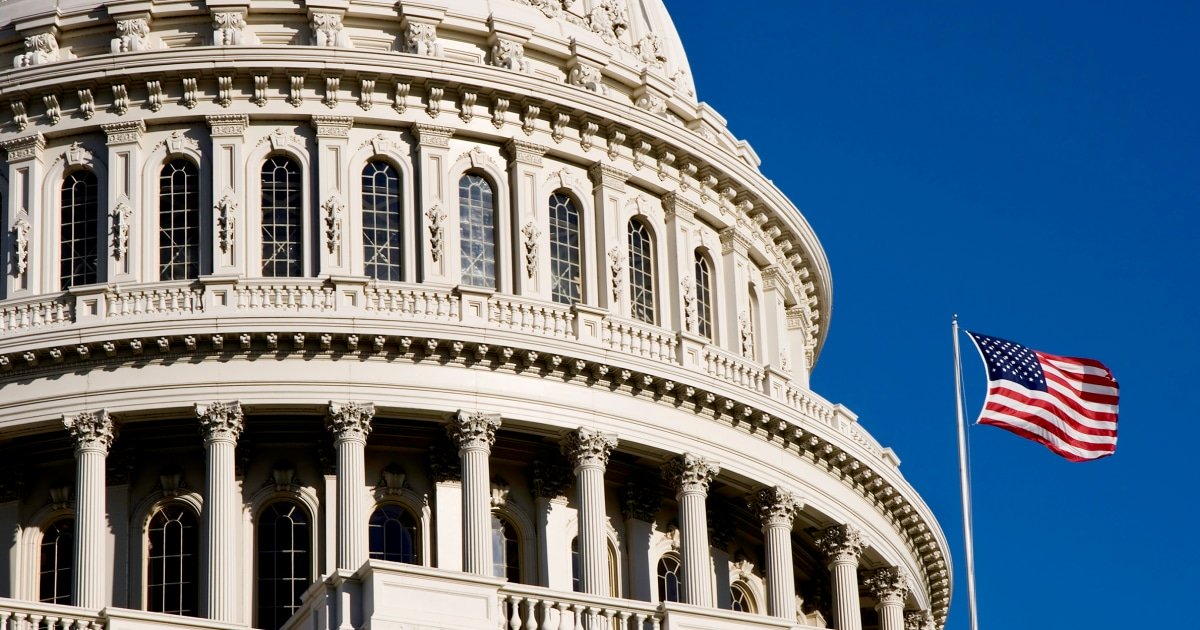## Yo, World Cup Fans! Don’t Overstay Your Welcome, or Face the Wrath of Uncle Sam!
The World Cup is coming to our shores, and the excitement is palpable. Gamers, rejoice! This is your chance to witness the beautiful game live, soak in the electric atmosphere, and maybe even snag a souvenir or two. But before you start planning your victory celebrations with the locals, hold up! Apparently, some Trump officials aren’t quite as thrilled about the influx of international visitors. Yep, you read that right – they’ve issued a stern warning to World Cup fans: don’t even think about overstaying your visa.

Economic Impact and Tourism Boom
FIFA’s Projections and Potential Benefits

The upcoming FIFA World Cup, co-hosted by the United States, Mexico, and Canada in 2026, is expected to generate a significant economic boost for the region. FIFA, the world governing body of football, anticipates a staggering 10 million international tourists flocking to North America for the tournament and the preceding FIFA Club World Cup, hosted solely in the United States this summer. This influx of visitors promises to inject billions of dollars into local economies through tourism spending, hospitality services, and increased demand for goods and services.
The tournament’s economic impact is projected to extend beyond immediate tourism revenue. Hosting the World Cup can lead to long-term benefits, such as infrastructure development, job creation, and enhanced global brand recognition. Cities selected as match venues stand to benefit from investments in stadiums, transportation networks, and other public amenities, which can attract further investment and economic activity in the years following the event.

Strategies for Managing Tourist Influx
Given the anticipated surge in tourism, effective planning and management strategies are crucial to ensure a positive visitor experience and minimize potential disruptions. Governments and tourism authorities are collaborating to develop comprehensive plans that address key areas, including:
- Accommodations: Expanding hotel capacity and exploring alternative accommodation options, such as Airbnb and vacation rentals, to meet the anticipated demand.
- Transportation: Enhancing public transportation infrastructure and implementing coordinated transportation plans to facilitate movement between match venues, airports, and other tourist destinations.
- Security: Implementing robust security measures to ensure the safety and well-being of visitors, including crowd management strategies, enhanced border security, and intelligence-sharing initiatives.
- Cultural Exchange: Promoting cultural exchange programs and initiatives to foster understanding and appreciation between visitors and local communities.
- Intelligence Gathering: Analyzing intelligence data to identify potential threats and vulnerabilities.
- Surveillance and Monitoring: Deploying surveillance technologies and monitoring systems to detect suspicious activities.
- Crowd Management: Implementing crowd control measures and emergency response plans to manage large gatherings effectively.
- Cybersecurity: Protecting critical infrastructure and systems from cyberattacks.
- Collaboration: Close cooperation between government agencies, law enforcement, and private security providers.
- Technology: Utilizing advanced technologies, such as facial recognition and drones, to enhance security capabilities.
- Community Engagement: Involving local communities in security planning and preparedness efforts.
Balancing Security and Celebration
Homeland Security’s Commitment to Smooth Travel

The Department of Homeland Security (DHS) plays a critical role in ensuring the safety and security of visitors during the World Cup. DHS Secretary Kristi Noem has emphasized the agency’s commitment to facilitating smooth travel documentation and ensuring a positive experience for international visitors. DHS is working closely with other government agencies, including the Department of State and Customs and Border Protection, to streamline visa processing and enhance border security measures.

Challenges in Balancing Security and Festivities
Balancing security concerns with the festive atmosphere of a global sporting event presents unique challenges. Authorities must strike a delicate balance between safeguarding public safety and allowing visitors to enjoy the tournament freely.
Potential security threats could include terrorism, cyberattacks, and large-scale public disorder. Authorities are implementing comprehensive security plans that encompass:
Lessons from Past Events
Security officials are drawing upon lessons learned from previous major sporting events, such as the 2012 London Olympics and the 2014 FIFA World Cup in Brazil, to develop effective security strategies for the 2026 World Cup.
These events highlighted the importance of:
Conclusion
So, there you have it. U.S. officials are getting serious about visa regulations for the upcoming World Cup, warning potential visitors against overstaying their welcome. While the message might appear harsh, it underscores a growing global concern: the misuse of temporary visas for immigration purposes. The U.S. isn’t alone in this fight; similar concerns echo across borders as nations grapple with maintaining security and upholding immigration laws during major international events.
This situation raises several important questions. Will the strict enforcement deter genuine fans from attending the World Cup? Will it create a chilling effect, impacting the festive atmosphere we associate with these global sporting spectacles? And how will it affect the long-term relationship between the U.S. and the international community of sports fans? The answers to these questions remain to be seen, but one thing is clear: the intersection of sports, immigration, and national security is increasingly complex, demanding nuanced solutions that balance security concerns with the spirit of global unity and celebration.
Let’s hope the World Cup serves as a platform for understanding and cooperation, reminding us that the beauty of sport transcends borders and that our shared passion for the game can pave the way for a more inclusive and welcoming world.